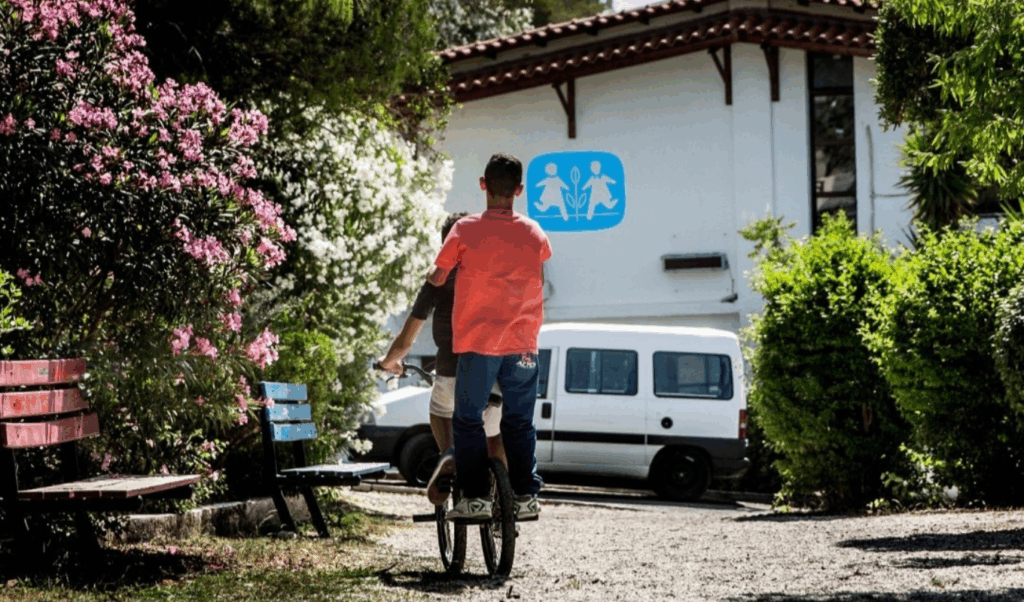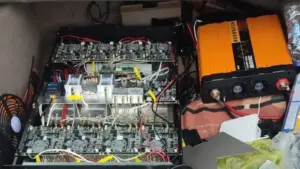Monday afternoon. Katerina has just returned from school and is walking uphill toward her home at the SOS Children’s Villages. There, her SOS Mother and her two little siblings are waiting for her. Together they will share the day’s news and eat lunch – warm, homemade food around the family table. They will exchange smiles, there will be complaints, the SOS Mother will encourage the children to eat all their food and they will ask her for a small favor…like watching a children’s program on television. Their home is clean, well-maintained, functional, but above all filled with warmth and love.
This is one of 10 small houses that exist in the SOS Children’s Villages facilities. The goal is that every morning when the 20 children who live there today wake up, they are happy and experience a normalcy that for some others is taken for granted. Most are children whose parents had behavioral problems and were unable to care for them safely, others come from families that neglected or abused them, and others from parents who cannot provide even the necessities for their survival.
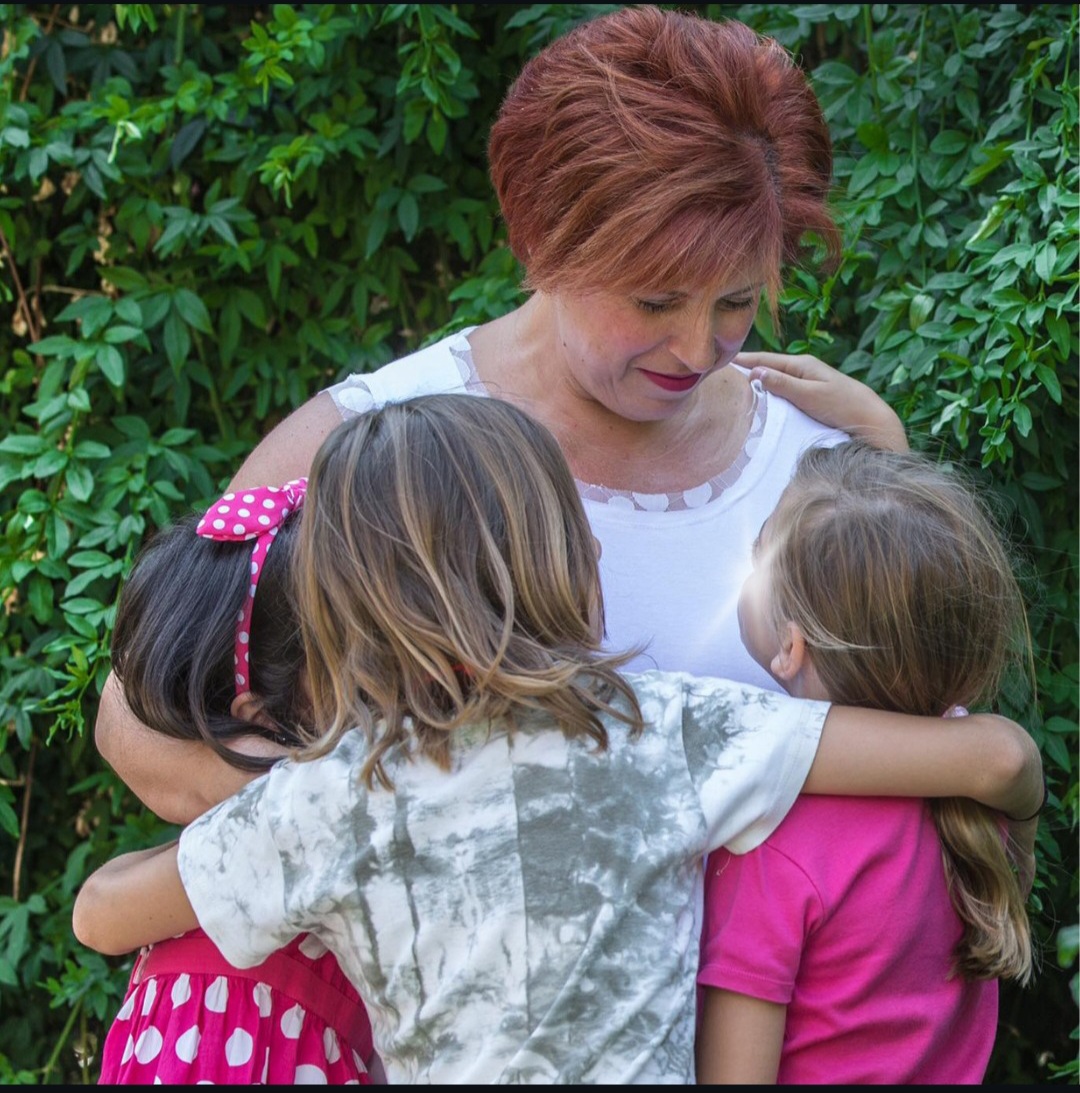
How SOS Children’s Villages children reacted to Pyrros Dimas’ donation
There in Vari, where the SOS Children’s Village has been operating for 50 years now, with the help of sponsors, the organization’s officials try to ensure nothing is missing for any child. A few days ago they received a check worth 10,200 euros, a donation from an athlete who has made Greece “cry” four times with his weightlifting achievements. Olympic gold medalist Pyrros Dimas auctioned an object connected to one of the greatest moments in Olympic history – the historic 2012 torch – and decided to donate the proceeds from its sale to these children. From that point on, the story is more or less known. This action provoked numerous reactions. Many said…many things, official announcements saw the light of publicity, television tribunals were set up as always happens, and public opinion was divided through social media.
But how did the SOS Children’s Villages children feel when they learned that another person contributed to making their daily life more beautiful? And not just any random person, but an Olympic champion. “Our children actively participate in society and by extension in the information provided by the media. They read, evaluate, and judge. This particular case is an event that in our opinion does not require special information for the children. Those who learned about it, because there was a lot of noise around it and have met Pyrros Dimas, felt that they are part of history. For us, Pyrros Dimas’ specific action is honorary and significant. He gives something of his own, something personal, something connected to the ideals of sports and fair play, and offers it to life’s less privileged, children in need. Pyrros Dimas has been a substantial supporter of our work with actions directly benefiting children, only this time his action received excessive publicity,” explains Giorgos Protopappas, General Director of SOS Children’s Villages, to parapolitika.gr.
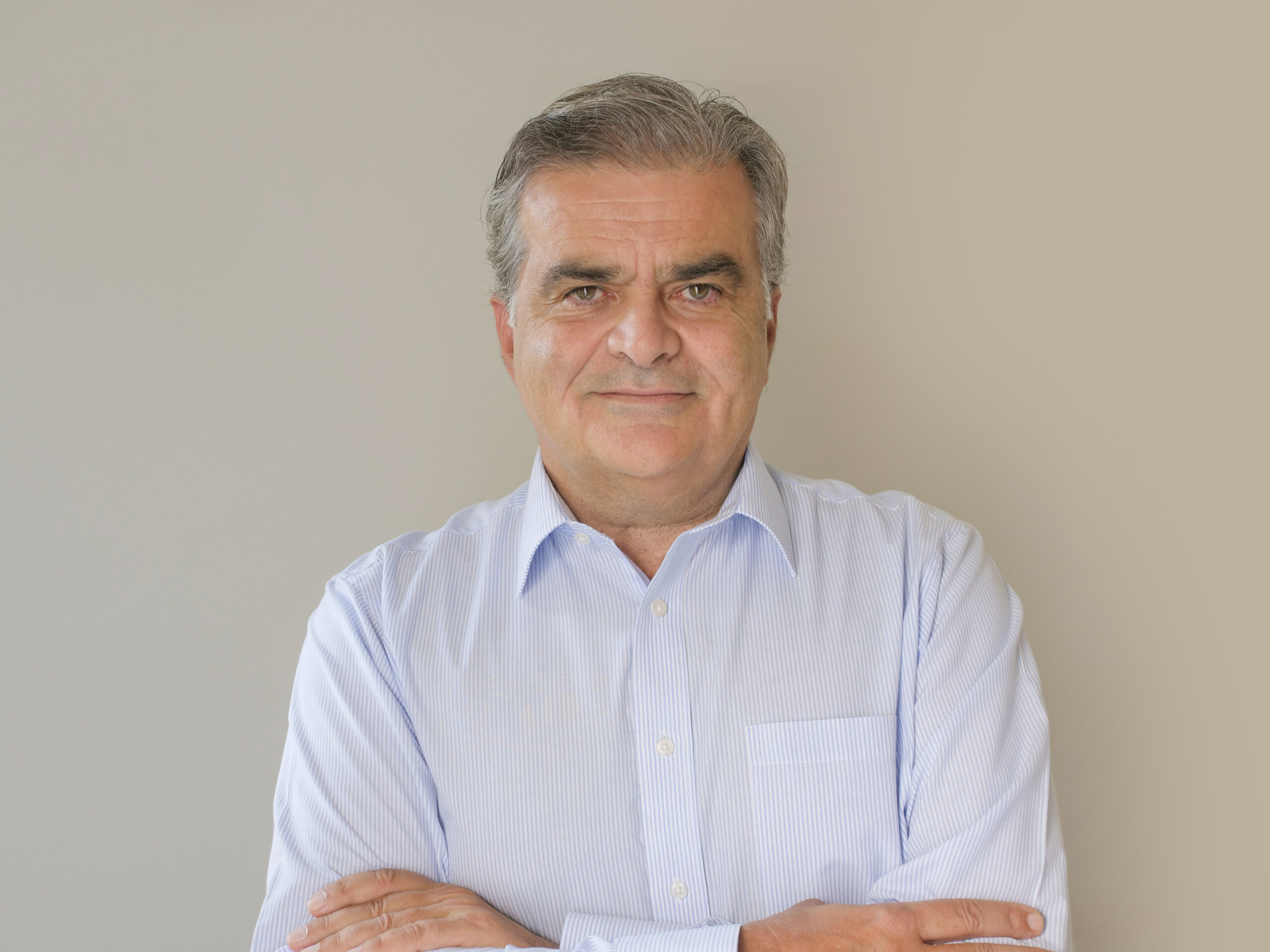
This year, SOS Children’s Villages celebrates 50 years since its establishment. All these years they have operated with a focus on child care, protection, and safety, while maintaining transparency and accountability to their donors. “We live only on donations, which clearly always includes anxiety about the next day. In recent years, sponsorships have been limited for many various reasons, but for us the proper and safe living of children with prospects and a future are non-negotiable givens, and we do not reduce in the slightest all those things that ensure them a better tomorrow,” the organization’s general director tells us, speaking to Parapolitika, creating a reasonable question for us.
SOS Children’s Villages: financial anxiety and the request to the state
Could state organizations make some annual donations so that children’s lives become more comfortable? “Let’s start with whether the state is allowed to tax charitable organizations that complement – not to say substitute – the obligation the state should have toward children and the vulnerable. Let it stop taxing us and then we’ll examine whether and to what extent state organizations could make donations. Right now the organization faces mainly financial problems, the difficulty of which doesn’t allow us to create a sense and environment of security, which is necessary. It’s important, however, that we have excellent colleagues in all our programs who love what they do, care about the children, and prioritize work quality over other difficulties created by financial problems. For the last 50 years we’ve been addressing a request to the state, and perhaps it’s also one of the last 200 years, that the state should understand that care and protection of all children is an obligation inseparable from a country’s future prospects. If you don’t care about your children, you don’t care about tomorrow.”
SOS Children’s Villages, the only organization worldwide that resembles a family framework, operates in 130 countries besides Greece. “Regarding the operation of Children’s Villages in other countries, there are no differences. We all follow a specific procedure. Where there is a huge difference, and something that hurts me, is in terms of interest and support from governments or state assistance or providence toward supporting SOS Children’s Villages operations,” the general director continues.
More than 30,000 children have been supported during these 50 years of the organization’s operation in Greece. The impressive thing, however, is not that, but the fact that these children grew up with their siblings in a home with a stable model, like a normal family. And when they say goodbye to their “home,” the organization supports them until their complete social and professional rehabilitation. “Only now has this obligation of organizations become compulsory law by the state. For 80% of our children we have a picture and relationships for their lives. Of all the children who grew up with us, we have about 10-15% where things didn’t go well for them.”
Until 2023, SOS Children’s Villages housed children from months old. With the new legislation, today they can accept children aged 3 years and older.
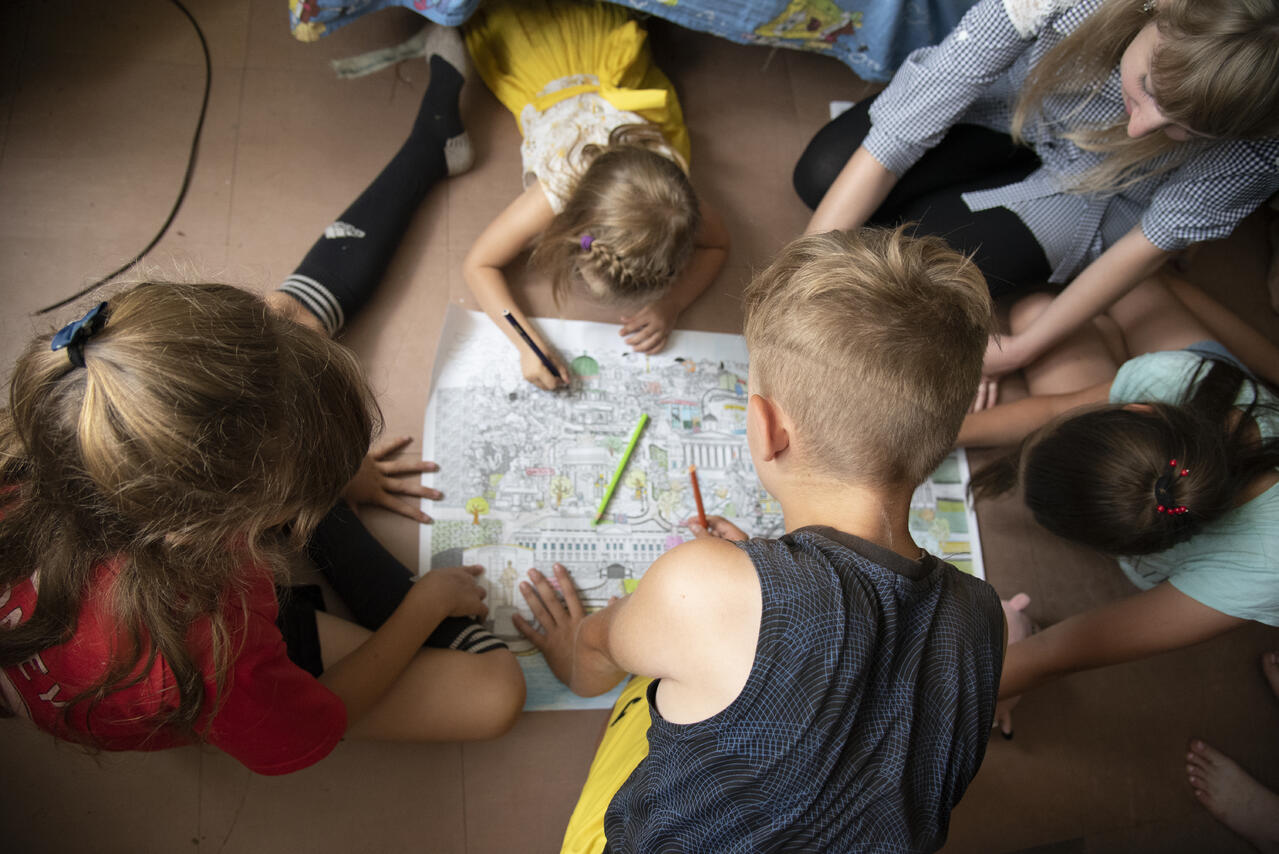
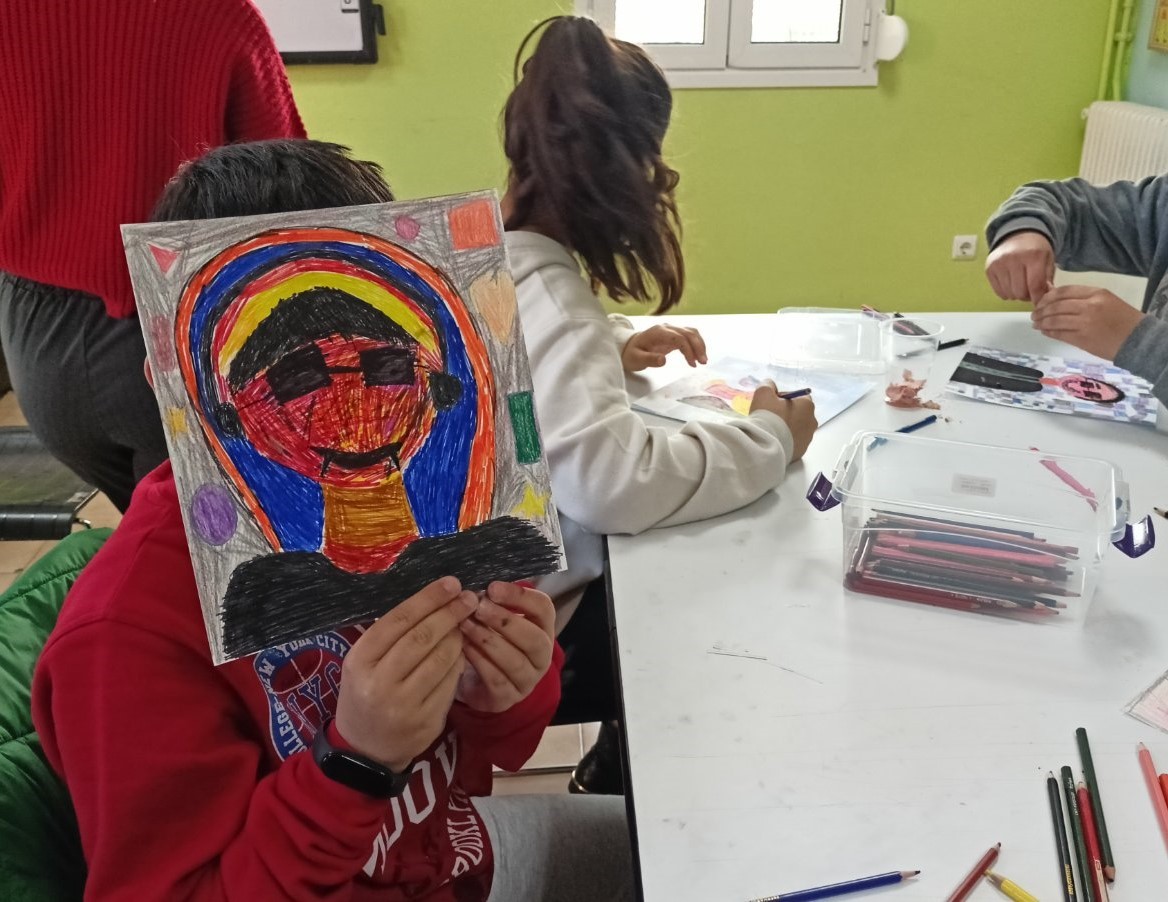
The team of officials who have managed the organization’s proper operation with much love all these years has found itself several times facing difficult situations that require patience and strength. “Difficult moments are many, but good moments are much more, which make you forget the former, and if you see it through a different lens, difficult moments are the ones that fill you with experience and give you strength to continue. We had cases with behavioral problems, but they are within the rules of the ‘game’ in the sense that you have to welcome and work with children who have experienced extreme difficulties, abusive behaviors, or may even have hereditary elements, which are still included in delinquency. In a space like ours, where children with heavy difficulties come, you’ll hardly find an incident that can shock you. On the contrary, there are not one, not two, but dozens of events that make us happy, and some of them impress us, mainly because no matter how good work is done by our pedagogical staff, no matter how good the stable care model is, the impressive result is created by the child itself, who manages, building on the previous elements, to win back its life and erase the dark causes that brought it to us. Another difficult part is the role of the SOS Mother. It’s very difficult, because she must be a person with psychological endurance, an open spirit, and a big heart ready to listen, to forgive, and at the same time remain a professional. These are characteristics you don’t find easily, and on the other hand, the presence of a stable person in children’s lives is so important that you can’t work with just anyone. This difficulty exists at the European level because our society is also changing.”
From your experience all these years, what do children ultimately need, whether they are at SOS Children’s Villages or with their real families? “Stable caregiving figures, a big embrace, patience, willingness to listen to the child, and a clear gaze with a warm heart.”

